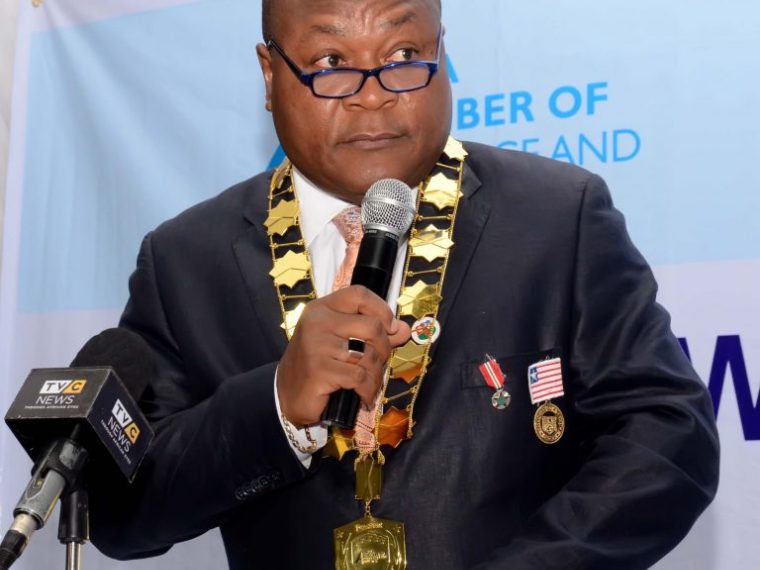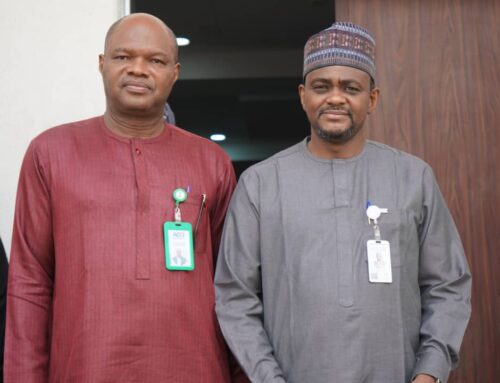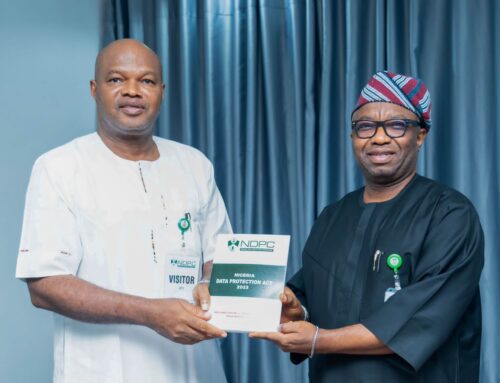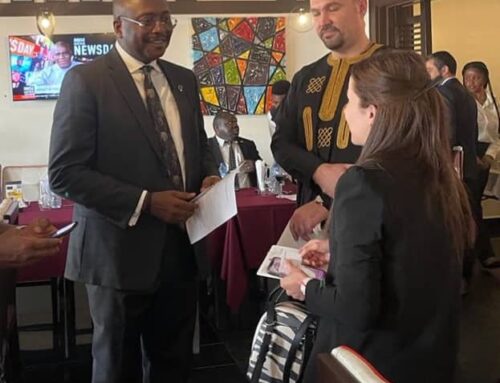By Prince Adetokunbo Kayode
Nigeria has now made up its mind to join the league of other nations that have subscribed to a focused regional continental trade development initiative known as the African Continental Free Trade Agreement (AfCFTA) which has a market penetration of over two (2) billion population.
This did not come on a platter of gold and silver. For instance, in 2018, 44 African countries, at a summit of the African Union (AU) in Kigali, Rwanda, signed an agreement to create the AfCFTA but Nigeria, Africa’s largest economy did not key into it even though she had earlier indicated interest to do so. The summit was supposed to be a step forward for the AU’s 2063 project for closer African integration.
The project 2063 is fashioned to boost intra-African trade and poised to be the biggest trade agreement since the formation of the World Trade Organisation in 1995.
By reducing barriers to trade, such as removing import duties and non-tariff barriers, African countries hope to boost intra-continental business. The AfCFTA could improve trade between African countries, which in 2016, was estimated to account for only 10%.
The general objectives of the AfCFTA are to create a single market for goods/services and movement of persons; deepen economic integration of the African Continent; create a liberalised market for goods and services, cooperation on investment; intellectual property rights and competition policy through successive rounds of negotiations.
It is equally meant to add impetus by contributing greatly to the movement of capital and natural persons and facilitate investments by laying the foundation for the establishment of a continental customs union at a later stage.
The AfCFTA is also to serve as a mechanism to promote and attain sustainable and inclusive socio-economic development, gender equality, structural transformation of the state parties, in addition to enhancing the competitiveness of the economies of state parties in the continent and global market.
More importantly, AfCFTA aims to promote industrial development through diversification and regional value chain development.
The AfCFTA is estimated to be the biggest free trade agreement in the world and is projected to increase intra-African trade by 52 per cent by the year 2022, using trade levels in 2010 projection as baseline.
In the same vein, the cooperation on customs matters and the implementation of trade facilitation measures, establishment of a mechanism for the settlement of disputes concerning State Parties’ rights and obligations are critical elements that have been infused into the institutional framework for the implementation of the AfCFTA on the continent.
One of the challenging areas in trading at a vast level is sometimes hidden in the dispute settlement mechanism. But the Agreement establishes a framework to be administered in accordance with the Protocol on Rules and Procedures to that effect.
The Dispute Settlement Protocol establishes a Dispute Settlement Body (DSB) which is vested with the authority to establish Dispute Settlement Panels and an Appellate Body, like a court of first instance and an appellate court, respectively, within the domestic judicial system. Parties to a dispute under the Agreement may also refer their disputes to arbitration. Any reference of a dispute to arbitration forecloses the use of the DSB.
For long, I held the belief that Nigeria’s stance was protectionist, and aimed at shielding domestic producers from competition from a liberalised trading regime. To this end, I encouraged Nigeria, at any given opportunity to reconsider its stance and sign the AfCFTA hence trade negotiations are not a zero-sum game where one party appropriates all the gains of liberalisation to its exclusive advantage, rather it entail trade-offs at which parties aim to achieve a balance of concessions, where losses sustained in one area of the negotiations are made up in other areas.
Besides, the Agreement contains various provisions that could be relied on to achieve the legitimate objective of protecting vulnerable domestic industries. In addition, gaining secure and predictable market access to foreign markets aligns with the Federal Government’s objective of diversifying the economy away from overdependence on the oil sector to non-oil sectors.
The implication of Nigeria’s participation is indication of a modest effort in taking its rightful position on the continent. As a global Ambassador of the African Union (AU) Trade Policy on AfCFTA and Vice President of the Pan African Chambers of Commerce and Industry (PACCI), I am optimistic that the Organised Private Sector (OPS) and entire chamber movement supports the Agreement in view of the attendant benefits it has on Nigerian economy and its competitive population.
Nigeria signing the AfCFTA does not in anyway expose it to any economic or social hazards hence it has adequate and all the necessary safeguards against smuggling, dumping and other risks or threats to the internal development of individual countries in the region.
It must also be emphasised that as a country, there is every need to speedily and assiduously implement government policy on Ease of Doing Business (EoDB) and allow the power sector to be fully driven in an efficient and effective manner.
What is more important to us in the OPS is the need for Nigeria to immediately expedite actions in terms of harnessing the opportunities we can easily access. We don’t need to hesitate. Then issues like infrastructure; fear of been an avenue for dumping of goods and leading to the death of local industries will be laid to rest hence these are challenges that we can easily surmount if we put our arts together. We have to move along with the rest of the world. Nobody will wait for us. We are resilient, competitive and men of strong will. AfCFTA will tremendously expose our people to opportunities and lead to expansion of their businesses. This will in turn add value to our economy as a whole.
Prince Kayode, CON., SAN is AU Trade Ambassador for AfCFTA, Vice President of Pan African Chambers of Commerce an Industry (PACCI) as well as President of Abuja Chamber of Commerce and Industry (ACCI). He writes from Abuja and can be reached via kaylaw1@yahoo.com








Leave A Comment